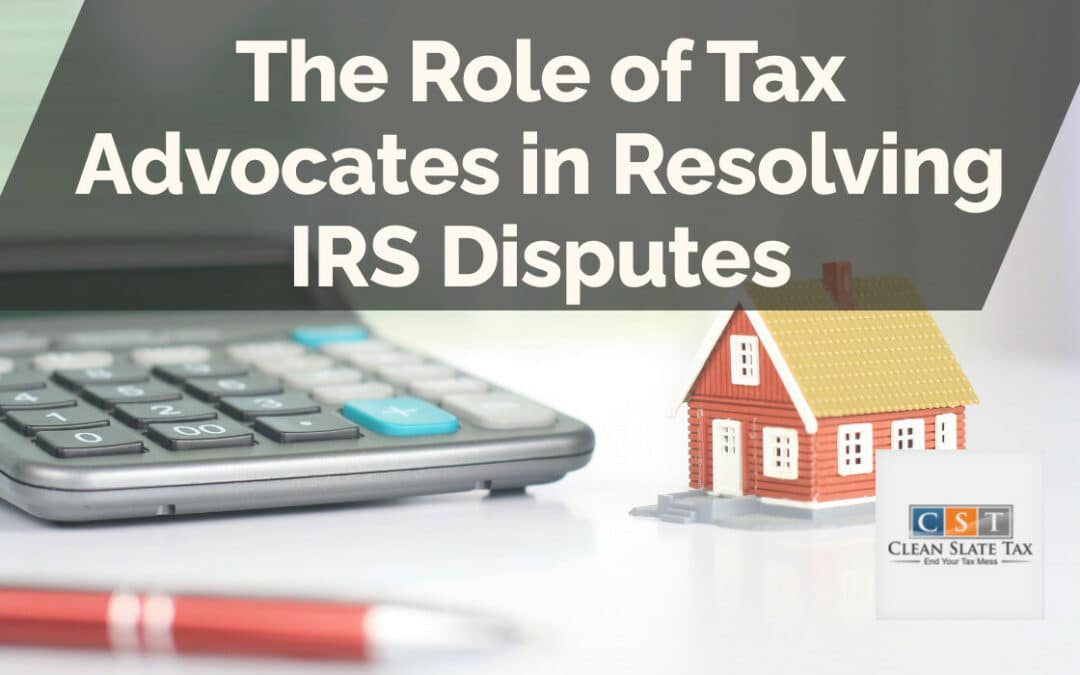Navigating through tax issues can be a challenging task, particularly when dealing with IRS disputes. During such taxing times, tax advocates serve as a crucial pillar of support. They play a significant role in resolving IRS disputes, acting as representatives for taxpayers. The aim of this article is to delve deeper into the role of tax advocates, examine the varied responsibilities they hold, and understand how their expertise can benefit those tangled in IRS issues.
Who Are Tax Advocates?
Tax advocates, also known as taxpayer advocates, are professionals who specialize in tax-related matters. Their main job is to safeguard taxpayers’ rights and ensure that they receive fair treatment from the IRS. They possess in-depth knowledge of tax laws and utilize these insights to offer expert guidance to taxpayers.
When do You Need a Tax Advocate?
The need for a tax advocate typically arises when a taxpayer faces a dispute with the IRS, has issues understanding tax laws, or needs help in resolving complex tax issues. Tax advocates can also assist taxpayers who are undergoing financial hardship due to a dispute with the IRS.
Role of Tax Advocates in Resolving IRS Disputes
-
Representation in IRS Proceedings: Tax advocates represent their clients in dialogues and negotiations with the IRS. They provide a voice to the taxpayer, ensuring their concerns and issues are heard.
-
Communication with the IRS: Tax advocates serve as a crucial line of communication between the IRS and taxpayers. They handle all communications, relieving clients from the stress of dealing directly with the IRS.
-
Understanding Tax Laws: Tax advocates possess extensive knowledge of tax laws. They translate these complex legislations into simple terms, helping taxpayers understand their rights and obligations.
-
Appealing IRS Decisions: If a taxpayer disagrees with an IRS decision, a tax advocate can guide them through the appeal process. They prepare necessary documents, file appeals, and advocate on behalf of the taxpayer.
Frequently Asked Questions
Are tax advocates free?
Most IRS tax advocate services are delivered free of charge, but private tax advocates usually charge for their services. The cost can vary based on the complexity of the case and experience of the advocate.
How can I reach the Taxpayer Advocate Service (TAS)?
The TAS can be contacted through their toll-free number or their local offices. Remember, the TAS is your voice at the IRS and can help when your tax issues cannot be resolved through normal channels.
What credentials should a reputable tax advocate possess?
A reputable tax advocate should ideally be a Certified Public Accountant (CPA), Enrolled Agent (EA), or Attorney, specializing in tax law. They should also have substantial experience in handling IRS disputes.
In conclusion, tax advocates play a pivotal role in resolving IRS disputes. They serve as a reliable source of guidance, support, and representation for taxpayers, potentially transforming a stressful dispute into a manageable process.





